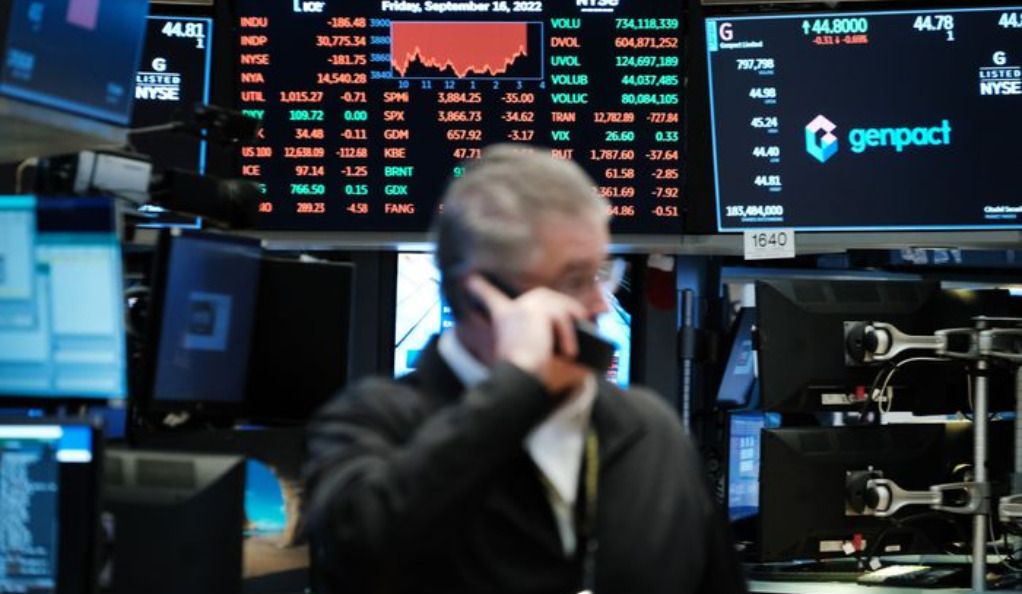The initial public offering (IPO) market has experienced a significant revival in recent years, with companies eager to take advantage of the buoyant stock market and investor appetite for new and exciting opportunities. This resurgence has been fueled by several factors, including a robust economy, favorable regulatory environment, and the emergence of Exchange-Traded Funds (ETFs) as a prominent player in the IPO landscape. In this article, we will delve into the revival of the IPO market and shed light on the role of ETFs in this phenomenon.

The Resurgence of the IPO Market: An In-depth Analysis
The IPO market has made a remarkable comeback in recent years, reaching levels not seen since the dot-com era of the late 1990s. This resurgence can be attributed to several key factors. Firstly, the strong performance of the stock market has created favorable conditions for companies to go public. Investors’ optimism and willingness to take risks have resulted in increased demand for IPOs, leading to higher valuations and a more vibrant market.
Secondly, the regulatory environment has become more accommodating, making it easier for companies to navigate the IPO process. The Jumpstart Our Business Startups (JOBS) Act, passed in 2012, reduced regulatory burdens for emerging growth companies, allowing them to confidentially file their IPO registration statements and providing exemptions from certain disclosure requirements.
Lastly, the rise of technology companies and their disruptive business models has captured the imagination of investors and fueled the IPO boom. Companies like Uber, Lyft, and Airbnb have attracted significant attention and investment, paving the way for other innovative startups to follow suit.
Shining a Light on ETFs: A Prominent Player in IPO Revival
Exchange-Traded Funds (ETFs) have emerged as a significant player in the revival of the IPO market. These investment vehicles, which allow investors to gain exposure to a diversified portfolio of assets, including IPOs, have gained immense popularity in recent years. ETFs provide a convenient and cost-effective way for investors to participate in IPOs without the need for individual stock selection.
ETFs focused on IPOs typically purchase shares of newly listed companies shortly after their debut on the stock market. By doing so, these ETFs provide investors with exposure to a broad range of IPOs, effectively reducing the risk associated with investing in a single IPO. Additionally, ETFs offer liquidity, as they can be bought and sold on the stock exchange like any other listed security.
The rise of ETFs has democratized access to the IPO market, allowing individual investors to participate in the potential upside of newly listed companies that were once exclusively available to institutional investors. This democratization has injected a new level of excitement and liquidity into the IPO market, driving its revival and making it a more attractive avenue for companies seeking to raise capital.
The revival of the IPO market has been a boon for companies and investors alike. With a robust economy, favorable regulatory environment, and the emergence of ETFs, the IPO market has seen a surge in activity, creating new opportunities for both established companies and innovative startups. The role of ETFs in this revival cannot be understated, as they have provided investors with a convenient and cost-effective way to participate in IPOs, while also increasing liquidity and democratizing access to the market. As the IPO market continues to thrive, it is clear that ETFs will play an increasingly important role in shaping its future.
ChesWorkShop commits to presenting fair and reliable information on subjects including cryptocurrency, finance, trading, and stocks. However, we do not have the capacity to offer financial guidance, advocating instead for users to conduct their own diligent research.
